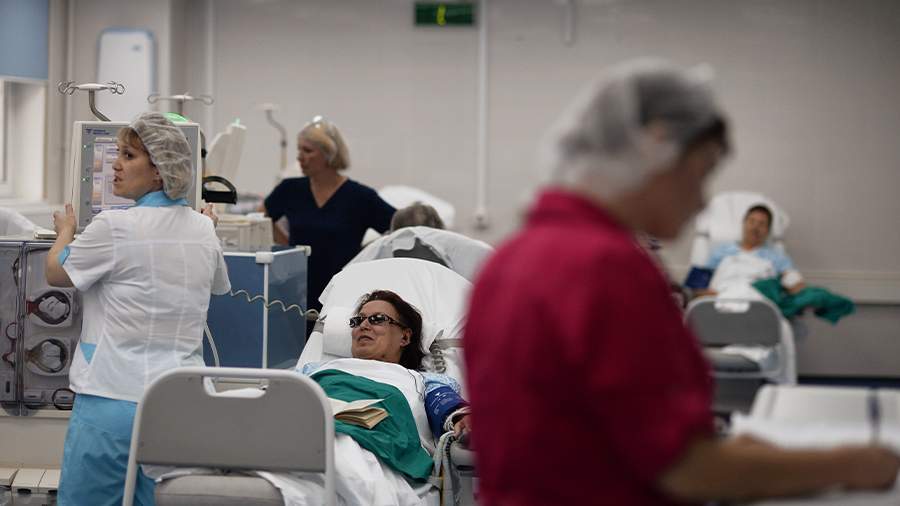The expert revealed the consequences of "mouse fever"

"Mouse fever" is transmitted through food eaten by mice and excrement left on the package. It is important that the kidneys suffer the most from this disease. However, with timely treatment, organ damage can be compensated. Irina Volgina, Associate professor of the Department of Therapy at the Medical Faculty of the State University of Education, told Izvestia about this on April 8.
"Mouse fever, or, as it is correctly called, hemorrhagic fever with renal syndrome, is not transmitted from person to person — only through various rodents: voles and so on. Mice are rare in apartments, but residents of wooden, summer cottages are at risk," Volgina said.
She added: in wooden houses, rodents often have access to food, especially during the period when residents leave for the winter. Meanwhile, the hemorrhagic fever virus with renal syndrome enters the mouth through the products eaten by mice, their excrement, and waste products left on the package.
The expert warned that the virus is quite resistant in the external environment, so if the products are chewed or the packaging is damaged by mice, the food must be thrown away.
Mouse fever, according to the expert, is characterized by inflammation of blood vessels and kidneys. The organ suffers greatly due to the presence of renal glomeruli, a system of thin vessels called capillaries. She noticed that edema appeared, and the amount of urine released decreased. In addition, there is a stage in which, on the contrary, urine is excreted very strongly. However, if the treatment is carried out on time, kidney damage can be compensated.
"However, the problem is that classic hemorrhagic fever: fever below 40 and hemorrhagic rash, as they say in the literature: "similar to whiplash", is extremely rare today. Often, the disease is blurred: there is no high fever, there are small edemas and an unexpressed hemorrhagic rash," Volgina said.
She added: if there are no pronounced clinical symptoms, it will be very difficult to make a diagnosis, even when the doctor has found changes in the urine.
According to her, asymptomatic "non-classical" hemorrhagic fever, not noticed and not cured in time, often leads to the most severe consequences, up to kidney failure.
Earlier, on April 6, Acting Dean of the Faculty of Natural Sciences of the State University of Education Irina Lyalina told Izvestia about the dangers of dirty bed linen. According to her, hygiene of home textiles plays a key role in maintaining health and comfort. Dust, sweat, skin secretions, and microorganisms accumulate on the tissues, which can lead to skin irritation, allergies, and the spread of bacteria or fungi.
Переведено сервисом «Яндекс Переводчик»

